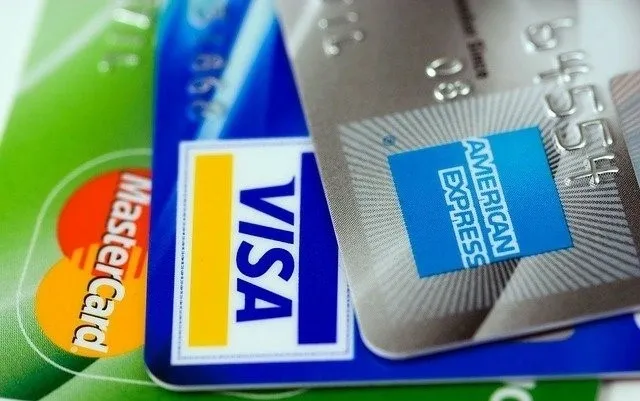One way to build up your credit score is by using a credit card and paying it off on time each month. On the other hand, having multiple credit cards may help build your credit even faster.
By having multiple credit cards, you can lower your credit utilization, which is the ratio of your outstanding credit card balances to your credit limit. This ratio can account for as much as 30 percent of your credit score. Credit utilization measures the amount of available credit you are using. For example, if you have a credit card balance of $2,000 and your credit limit is $5,000, then your credit utilization for that credit card is 40%, 2,000 divided by 5,000. If you have another credit card with a balance of $300 and your credit limit is $3,000, then your utilization would be 10% and your combined credit utilization would decrease to just under 30% for both cards. A credit utilization of 30 percent or lower is generally considered ideal.
However, it is not a good idea to apply for multiple credit cards at once, but to space them out over time. By applying for several cards over a short period of time, you might be sending a signal that you are in financial distress and present a risk to lenders that could lead to a drop in your credit score. If you do not have a lengthy credit history, a new credit card application will open a hard inquiry, which can lower your credit score. This is because a new application can represent more risk for the card issuer. When you apply for a credit card, the card issuer will pull your credit in what is known as a “hard inquiry” which is a process of reviewing credit information to determine whether you meet the criteria to lend money to.
While there is no ideal number of credit cards to have, too many credit cards may hurt your credit score if you consistently carry a balance. By having too many outstanding credit lines, (even if you don’t use them), you might hurt your credit score by making you look riskier to lenders due to the potential of spending your available credit lines. There are other factors such as your income, payment history, etc., that can also play a factor against your lines of credit and score. It can also be more challenging to control spending, as well as to keep track of payment due dates on multiple cards.
If you cancel your credit cards that will decrease your credit limit and could negatively impact your credit scores. Lower credit limits can make you look riskier by spiking your credit utilization ratio. Anytime your credit card balance becomes a higher percentage of your total credit limits you can appear riskier to creditors. For this reason, it is often best to keep your cards open, especially if you are planning to make a big purchase such as buying a home or a car. If racking up debt on your credit cards becomes a problem, you can store them so you will not have easy access.
You can see how your credit score might get a boost if your credit utilization goes down. Of course, this depends on not keeping balances. It is best to only charge a fraction of your credit limit to keep your utilization rate below the 30 percent level. Over time you can request a higher credit line with your card company.
In the end, having more than one credit card can increase your total available credit, and consequently your credit score. However, the key to building your credit score is to use your credit cards responsibly by making payments on time and by not using too much of your credit limits.
If credit card debt or any other type of unsecured debt such as pay day and installment loans, phone, or medical bills have become a problem you can reach out to Progressive Debt Relief by calling 877.590.1847 or schedule a free consultation with an account manager through our online form.
*Progressive Debt Relief does not provide legal, financial or tax advice and the above should not be construed as such.


